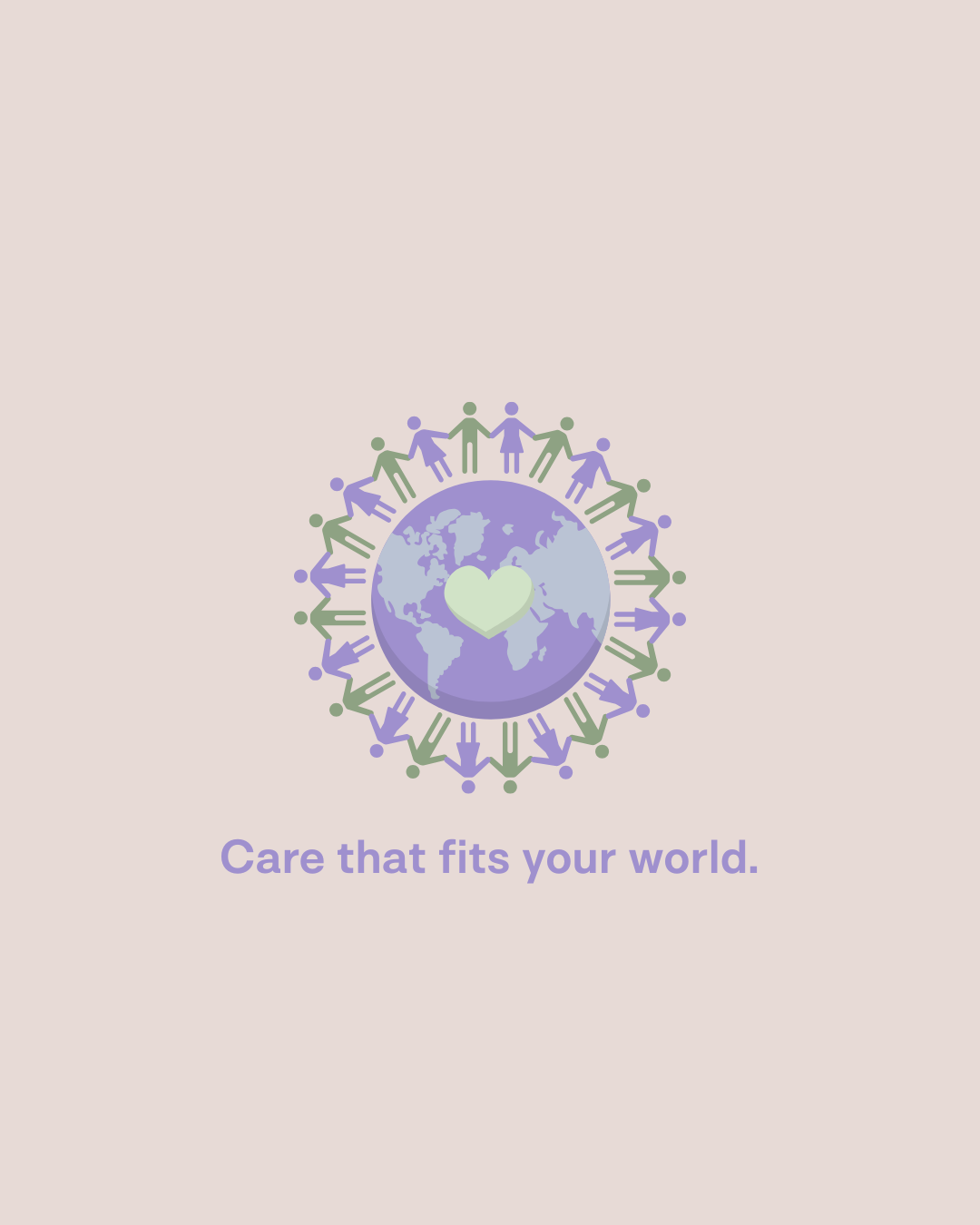.jpg)
R U OK Day 2024: The Power of Asking and How CARED Continues the Conversation
Table of Contents
Sometimes, all it takes is three words to change somebody’s life. A single, heartfelt "Are you okay?" can break through the silence and open the door to a conversation that may save someone struggling with their mental health.
R U OK Day isn’t just another date on the calendar. It’s a call to action. On this day, we pause and reflect on the people around us – friends, family, colleagues, or even acquaintances who might benefit from a chat about mental health with somebody they feel comfortable confiding in.
But as we all know, mental health is a journey, not a destination. And while R U OK Day is a reminder of the importance of checking in with people around us, what happens after that first conversation is crucial.
That’s where CARED comes in – turning those conversations into a network of professional support that creates the conditions for long-term mental health.
This blog will explore the significance of asking "Are you okay?" and how CARED’s groundbreaking platform provides continued care long after the initial check-in.
The Importance of R U OK Day: Small Words, Big Impact
The theme for R U OK Day in 2024 is “Ask R U OK? Any Day”. This year’s message encourages people to have meaningful conversations about mental health not just on the designated day, but regularly throughout the year. The aim is to remind us that life’s challenges don’t follow a schedule, and support should be available whenever someone needs it.
For many people struggling with mental well-being, the battle often feels intensely personal and isolating, like navigating a storm alone. The weight of stigma, fear of judgment, or belief that they must bear their struggles in silence can prevent them from speaking up.
But mental health should never be a solitary journey. When you ask someone, "Are you okay?" you're offering them a lifeline, a chance to share something they may have been holding inside for far too long. Encouraging somebody to share their problems can be the catalyst for them getting the support they need to heal. Remember, when you replace “I” with “we”, illness becomes wellness.
However, as important as these conversations are, they are normally just the beginning, and the need for consistent, professional support often follows.
You’ve Asked the Question. What Comes Next?
Imagine this: you ask someone, "Are you okay?" and they say, "No, things are really bad." What comes next? For many, the initial check-in is easy, but offering ongoing support can be trickier. After all, we’re not all trained therapists, and sometimes, remedying the situation may require more than just a compassionate chat over coffee.
This is where many of us find ourselves unsure of how to help. It’s not uncommon to feel at a loss when a loved one or friend admits they’re struggling, and the words of comfort we offer may not always be enough. So, how can we ensure the conversation doesn’t just end there?
In cases when somebody is facing severe challenges, it's wise to gently guide them toward professional support. Referring them to a qualified mental health professional means they’ll get the care they need, tailored to their unique situation. Crucially, trained professionals can diagnose and treat specific mental health conditions, offering specialist therapy and coping strategies.
This step is critical because it helps prevent struggles from worsening and gives people a safe space to talk about their feelings with someone who’s impartial and trained to help. If you want your loved one or friend to overcome mental and emotional adversity, encouraging them to seek qualified help could make all the difference.
Why Consistent Mental Health Support Matters
For many of us, mental health challenges are ongoing, requiring continuous support. That’s why having regular check-ins with a professional is so important.
Think of maintaining mental health care like tending to a garden. It’s not enough to water it once and hope for the best. Just as plants need consistent care to grow, so too does our mental well-being. Regular conversations with a therapist or counsellor can act as that steady watering, helping to address concerns before they become overwhelming.
One-off conversations, while impactful, might not uncover deeper issues or provide the long-term care some people need. This is why platforms like CARED are so vital – they offer continuity, making it easy to access support on an ongoing basis.
With CARED, people can follow up with the same trained professional, ensuring continuity of care and building a stronger therapeutic relationship.
How CARED Works: Mental Health is Just a Few Clicks Away
Using CARED is as easy as 1-2-3. Here’s how it works:
- Complete the online form – The first step is to complete the online sign-up form, which requires minimal time and information.
- Get matched – Next, get matched with a mental health practitioner that perfectly fits your needs and requirements. Whether it’s counselling, therapy, or crisis intervention, CARED offers various options to ensure everyone can access the support they need.
- Get CARED for – Use the video link provided to meet with your new mental health practitioner at your convenience.
Whether it’s 2 PM or 2 AM, CARED ensures that help is available at the touch of a button. For those who may feel uncomfortable reaching out in person, CARED provides a telehealth environment where conversations with professionals can happen in the comfort of their own home.
This flexibility is particularly helpful for those experiencing anxiety, depression, or even people with unpredictable schedules. Daily life doesn’t always follow a 9-to-5, and neither should mental health care.
Turn Words into Action
Checking in with someone can be the beginning of a life-changing journey, but it’s what we do afterward that truly makes a difference. This R U OK Day let’s do more than just ask the question – let’s offer a solution.
By directing someone to the CARED platform, you’re providing them with a pathway to professional help, whenever and wherever they need it. It doesn’t matter if they’re ready to seek help today, tomorrow, or a month from now, we’re here to help them along the road to recovery.
CARED empowers all of us to continue supporting others, even when we don’t have all the answers ourselves.
If you or somebody you know would benefit from receiving 24/7 professional mental health care, or you want to learn more about our groundbreaking software, contact us today:








.png)







.png)
